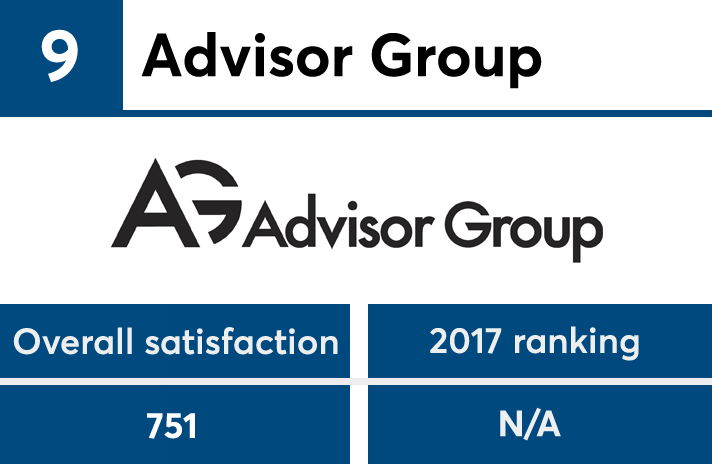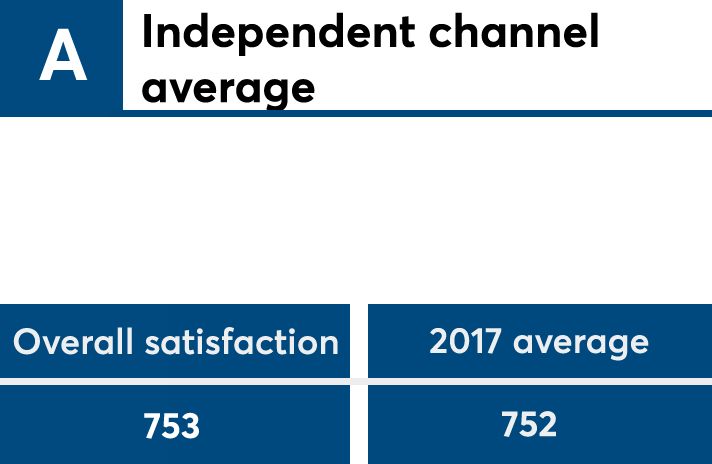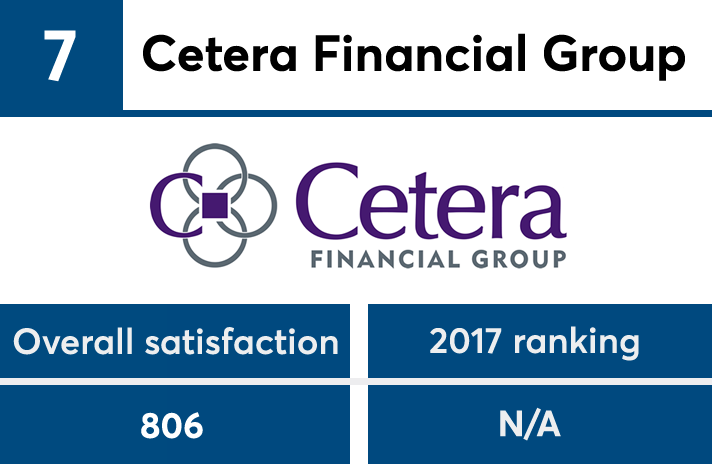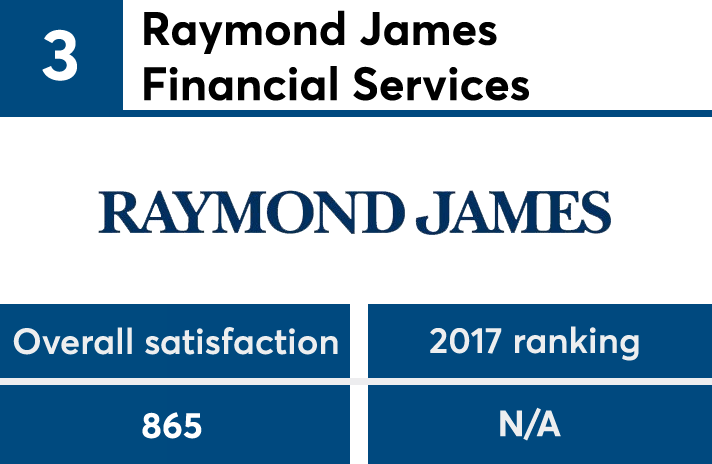
The study, which the Costa Mesa, California-based consumer research firm released June 28, also revealed notable differences among male and female advisors. Women gave their firms much better marks than men, but they reported lower scores than men for work-life balance, pay and mentoring.
“These findings didn’t surprise me. As someone who has worked in the financial services fields for many years, I have seen firsthand the satisfaction that this career brings to women,” Kathleen McQuiggan, a planner who serves as the CFP Board’s special advisor on gender diversity, said in an email.
The work-life issues result from the so-called second shift of women “caring for children or parents at home, where getting to 50/50 (with spouse/partner) still hasn’t happened,” McQuiggan continued.
“Overall, I think firms that have created a culture and environment where ‘everyone’ can thrive and be successful have a competitive advantage of being able to keep the most talented financial planners. That talent is more loyal, supportive and act as advocates and brand builders for their firms.”
Women advisors at employee BDs rated their overall satisfaction at 786 on a 1,000-point scale, 59 points higher than the male advisors’ average score of 727. Female advisors at independent BDs gave an average score of 793, compared to 754 among men.
The higher satisfaction also resulted in a substantially higher share of women saying they “definitely will” stay at their firms for the next one to two years and recommend their firms to others.
On the other hand, the results also display an industry in which
Efforts around equal pay, flexible work plans and mentorship are “critical” to the industry addressing gender disparities and supporting women advisors, according to Mike Foy, director of J.D. Power’s wealth management practice.
Firms’ overall marks in the survey often revolve around compensation and changes advisors see as limiting to their ability to serve clients and operate their practices as they see fit, Foy adds of the low scores for wirehouses. The fiduciary rule
On the more positive side, Commonwealth and Edward Jones have
“That makes them very unique. I think, with privately held firms, it’s easier for executives and the management to keep the focus on what’s going to make the advisors happy,” Papike says. “It’s pretty glaring to me that those privately held firms are doing a good job of taking care of their advisors.”
Foy credits Edward Jones for developing talent through its training programs and for having a management team with several former advisors. Commonwealth also benefits from a “very advisor-centric culture” and its emphasis on treating advisors as the firm’s clients, Foy says.
Regulatory matters, the challenge of technology and increasing competition have brought firms’ management to the forefront in recent years. Foy calls perception of leadership one of the main drivers of advisor satisfaction.
“Strong leadership becomes more important, in terms of advisors believing that executive management is supporting their role and has a vision for how to navigate through the complexity brought by a lot of those changes to the landscape,” he says.
J.D. Power conducted the survey among 3,227 advisors at employee and independent BDs between January and April. Advisors rated firms in seven areas: client support, compensation, leadership, professional development, problem resolution and operational and technology support.
The research firm only reports firms’ scores if it gets 100 responses from advisors at BDs which collectively make up more than two-thirds of the market. Independent BDs haven’t had enough of a sample size to be included in the results
To see how the firms stack up against each other and their industry averages, click through our slideshow. To view last year’s rankings,

15. Wells Fargo Advisors
Employee channel average: 726
2018 rank: #15
2017 satisfaction index: 607
2018 vs. 2017: +11
2017 rank: #7

14. Morgan Stanley
Employee channel average: 726
2018 rank: #14
2017 satisfaction index: 646
2018 vs. 2017: +36
2017 rank: #6

13. Merrill Lynch
Employee channel average: 726
2018 rank: #13
2017 satisfaction index: 682
2018 vs. 2017: +15
2017 rank: #5

11. (tie) UBS Wealth Management Americas
Employee channel average: 726
2018 rank: #11
2017 satisfaction index: 730
2018 vs. 2017: (23)
2017 rank: #4

11. (tie) LPL Financial
Independent channel average: 753
2018 rank: #11
2014 satisfaction index (the last year data was available): 755
2018 vs. 2014: (48)
2014 rank: #8

Employee channel average
2017 average overall satisfaction: 719
2018 vs. 2017: +7
2016 average overall satisfaction: 722
2015 average overall satisfaction: 701
2014 average overall satisfaction: 721

10. Ameriprise employee channel
Employee channel average: 726
2018 rank: #10
2017 satisfaction index: 731
2018 vs. 2017: +9
2017 rank: #3

9. Advisor Group
Independent channel average: 753
2018 rank: #9
2014 satisfaction index (the last year data was available): 747
2018 vs. 2014: +4
2014 rank: #9

Independent channel average
2017 average overall satisfaction: 752
2018 vs. 2017: +1
2016 average overall satisfaction: 755
2015 average overall satisfaction: 773
2014 average overall satisfaction: 778

8. Ameriprise franchise channel
Independent channel average: 753
2018 rank: #8
2014 satisfaction index (the last year data was available): 797
2018 vs. 2014: +2
2014 rank: #7

7. Cetera Financial Group
Independent channel average: 753
2018 rank: #7
2014 satisfaction index (the last year data was available): 803
2018 vs. 2014: +3
2014 rank: #6

6. Stifel Financial
Employee channel average: 726
2018 rank: #6
2017 satisfaction index: N/A

5. Raymond James & Associates
Employee channel average: 726
2018 rank: #5
2017 satisfaction index: 867
2018 vs. 2017: (10)
2017 rank: #2

4. Cambridge Investment Research
Independent channel average: 753
2018 rank: #4
2014 satisfaction index (the last year data was available): 913
2018 vs. 2014: (49)
2014 rank: #3

3. Raymond James Financial Services
Independent channel average: 753
2018 rank: #3
2014 satisfaction index (the last year data was available): 899
2018 vs. 2014: (34)
2014 rank: #3

2. Edward Jones
Employee channel average: 726
2018 rank: #2
2017 satisfaction index: 925
2018 vs. 2017: (16)
2017 rank: #1

1. Commonwealth Financial Network
Independent channel average: 753
2018 rank: #1
2014 satisfaction index (the last year data was available): 954
2018 vs. 2014: +1
2014 rank: #1





